‘Long Life, Low Energy’ at RIBA celebrates sustainable architecture strategies
RIBA’s ‘Long Life, Low Energy’ exhibition opens in London, highlighting sustainable architecture strategies at their best
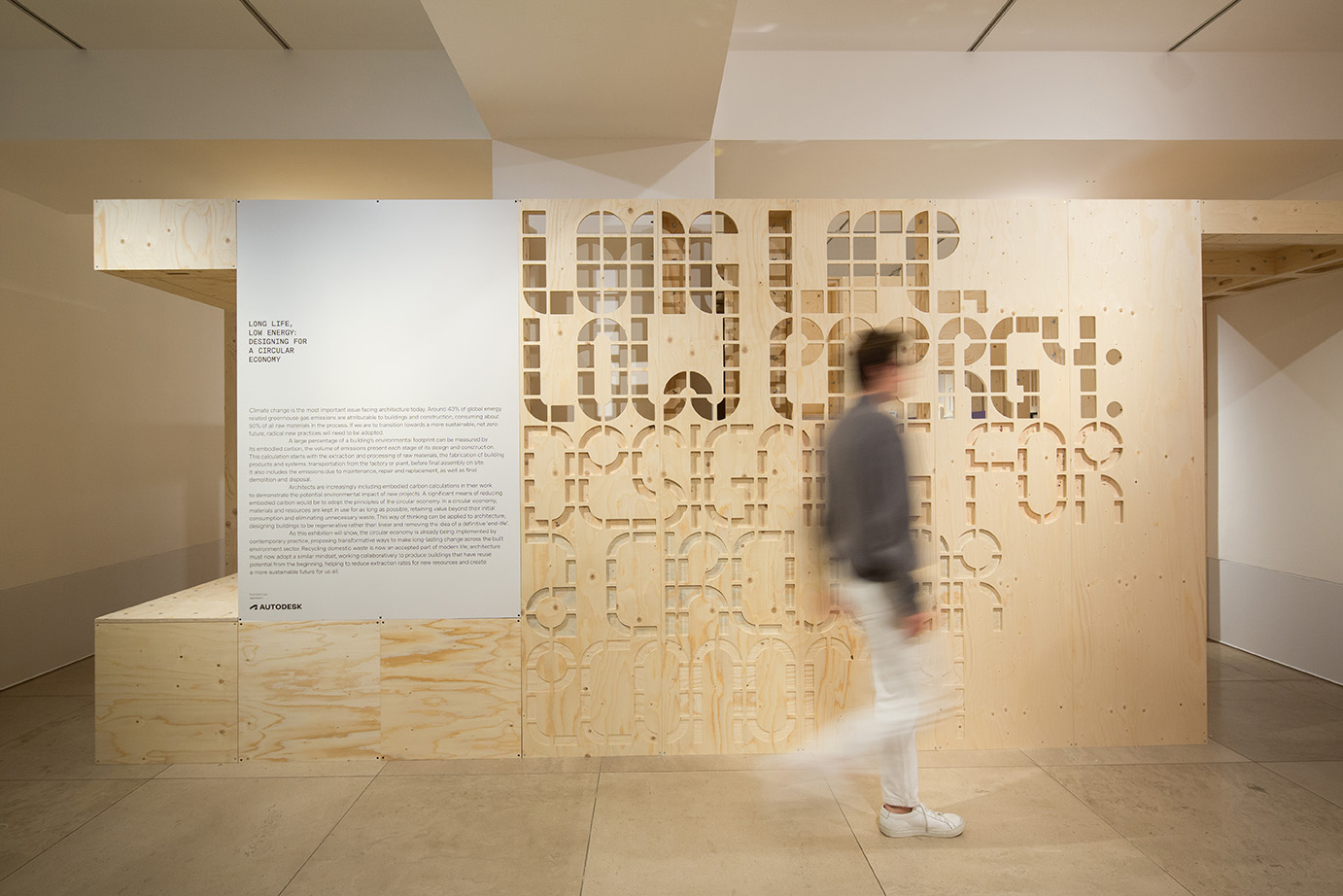
‘Long Life, Low Energy: Designing for a circular economy’, the latest exhibition to open at RIBA's London headquarters on Portland Place takes a much-discussed issue – namely sustainable architecture – and dissects it in a disarmingly clear and simple way. No mean feat, considering how complicated and multi-layered designing eco-consciously can be. But this show has it all – case studies, numbered sections and a straightforward, accessible breakdown of strategies and steps an architect can take in order to bring a piece of building design closer to that coveted net-zero result.
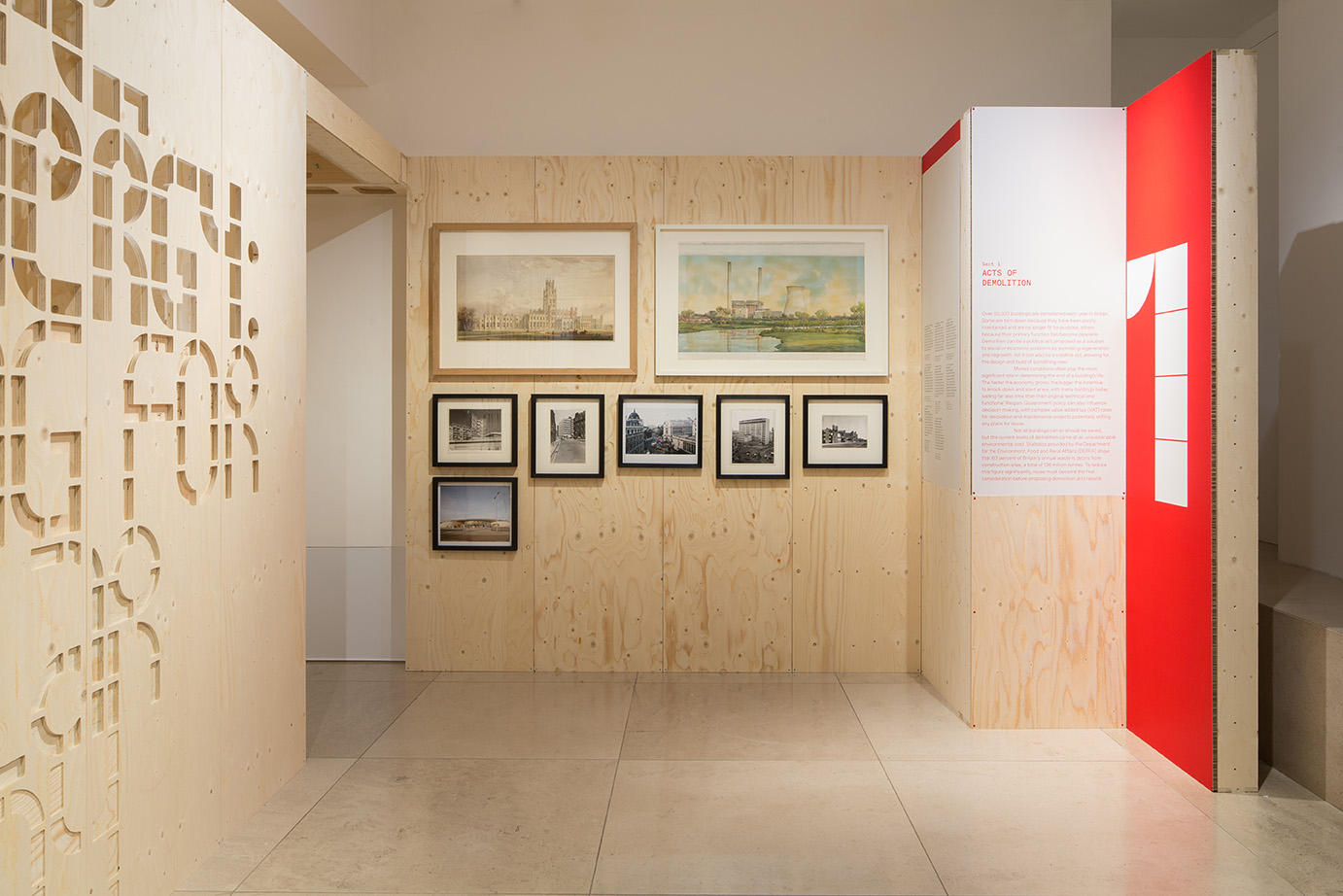
‘Long Life, Low Energy’ at RIBA
Curated by Pete Collard, the show 'demonstrates how the principles of the circular economy can help create more sustainable, net-zero architecture for the future’, the RIBA website explains. And the exhibition’s sections do that quite effectively.
There is a section on working with low-tech methods, embracing plant-based materials such as ultra-sustainable cork, sourcing elements through urban mining and making the most of being hyper-local.
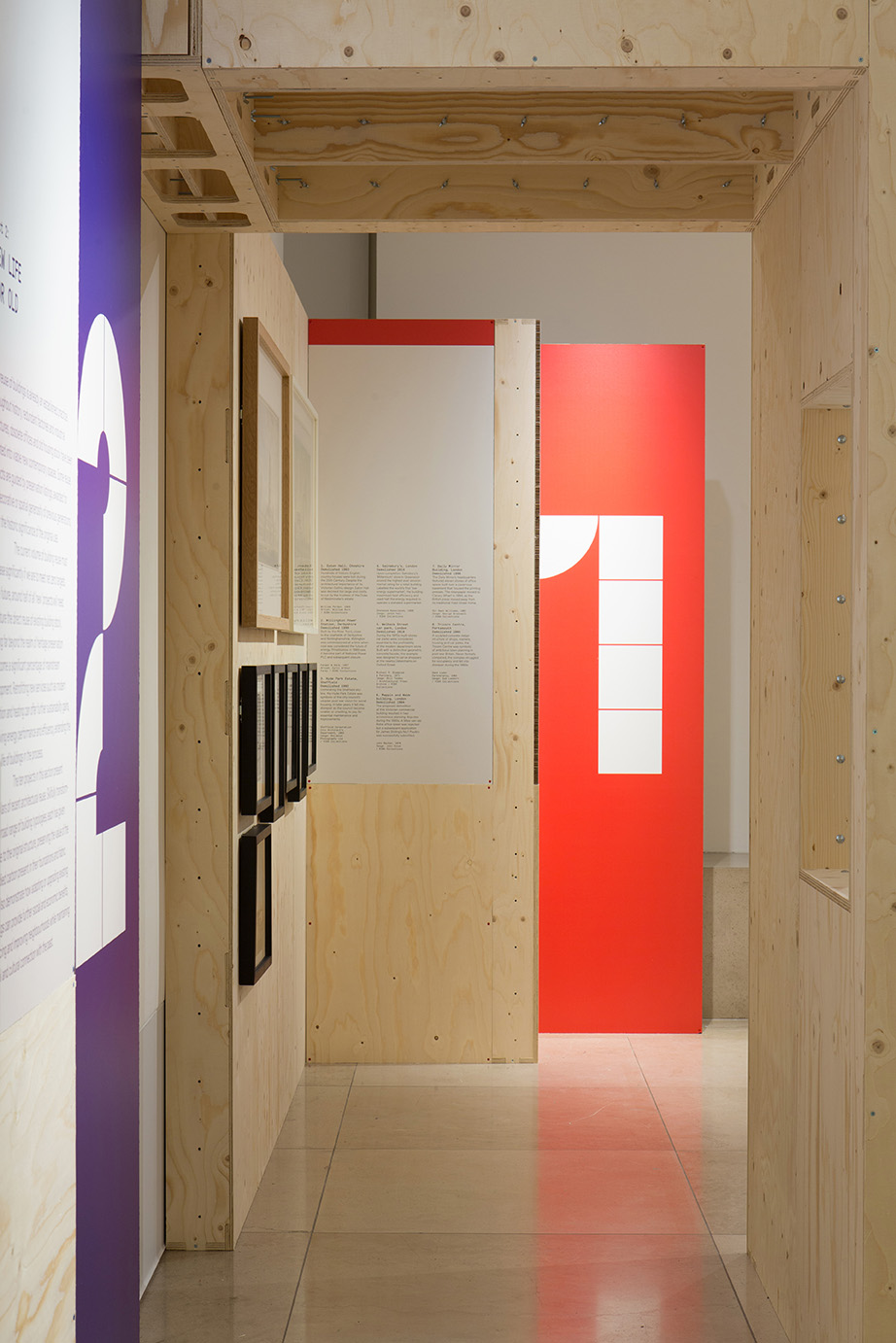
Circular design and reuse also take a prominent role – as examples of the scale of the Battersea Power Station and Park Hill show. But there are smaller, 'everyday' gems that do just that too, such as Alma-nac's House Within A House.
Meanwhile, a stance against demolishing existing buildings and saving what can be saved and adapted bolsters ‘Long Life, Low Energy’s environmentally friendly thesis.
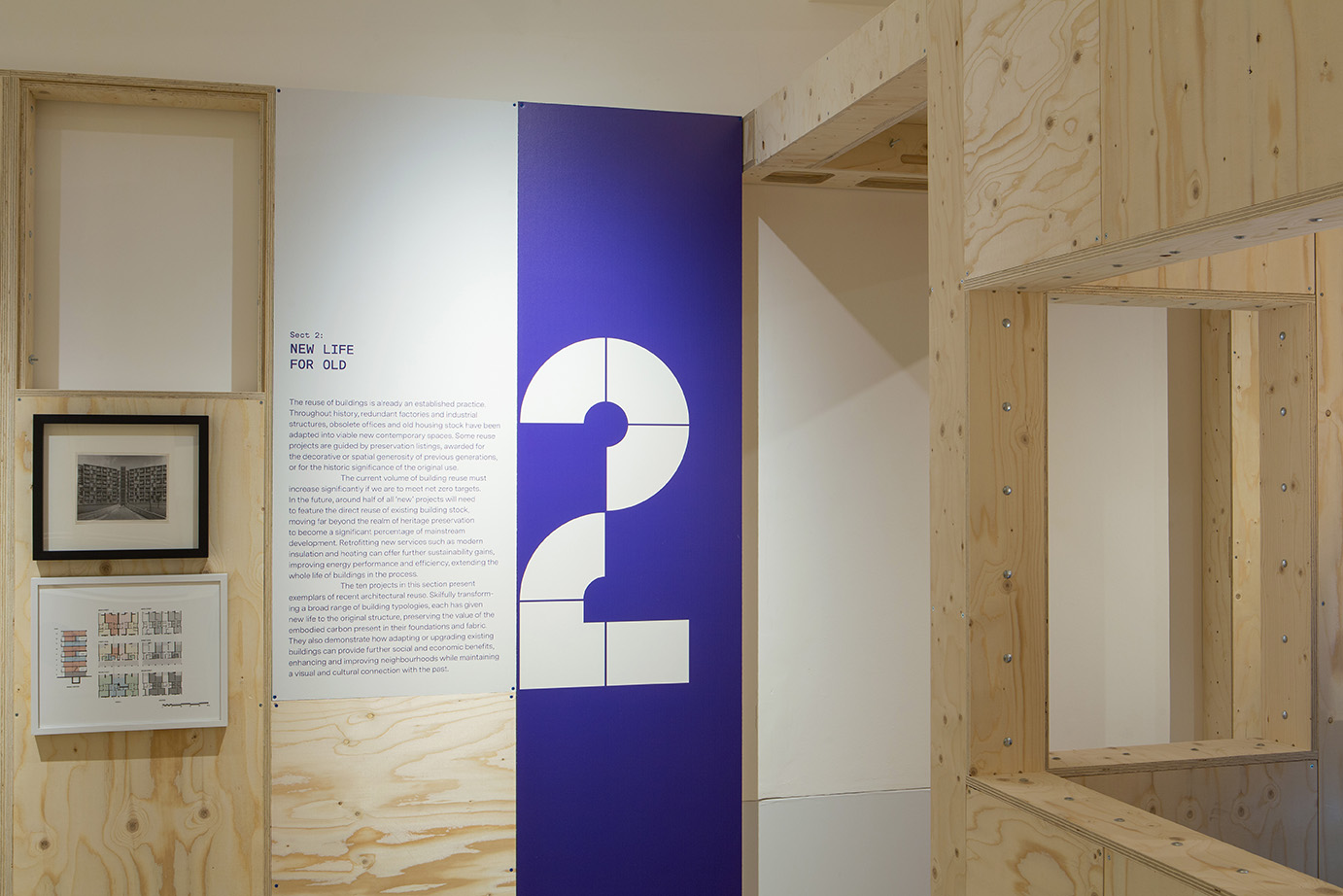
The exhibition is relatively small in scale, but its premise and content feel rich and layered. 'RIBA’s Built for the Environment report shows that 40 per cent of global greenhouse gas emissions are attributable to buildings and construction, consuming about 50 per cent of all raw materials worldwide in the process.
‘In addition, over 50,000 buildings are demolished each year across the UK, many of which could have been repurposed. The circular economy offers ways to reduce these unsustainable figures, seeking to eliminate waste by reusing buildings and their material components wherever possible,' the RIBA writes of the show.
Wallpaper* Newsletter
Receive our daily digest of inspiration, escapism and design stories from around the world direct to your inbox.
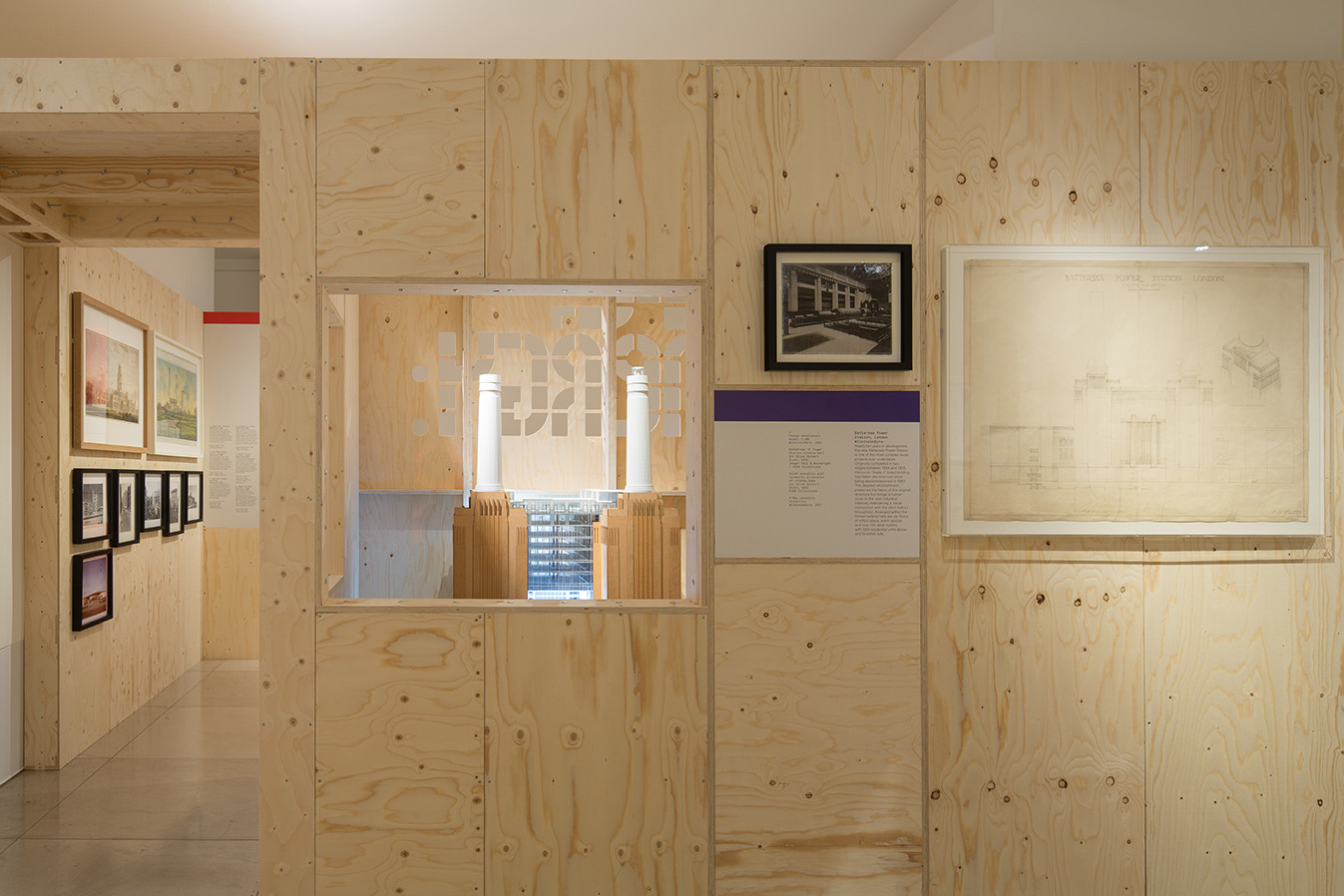
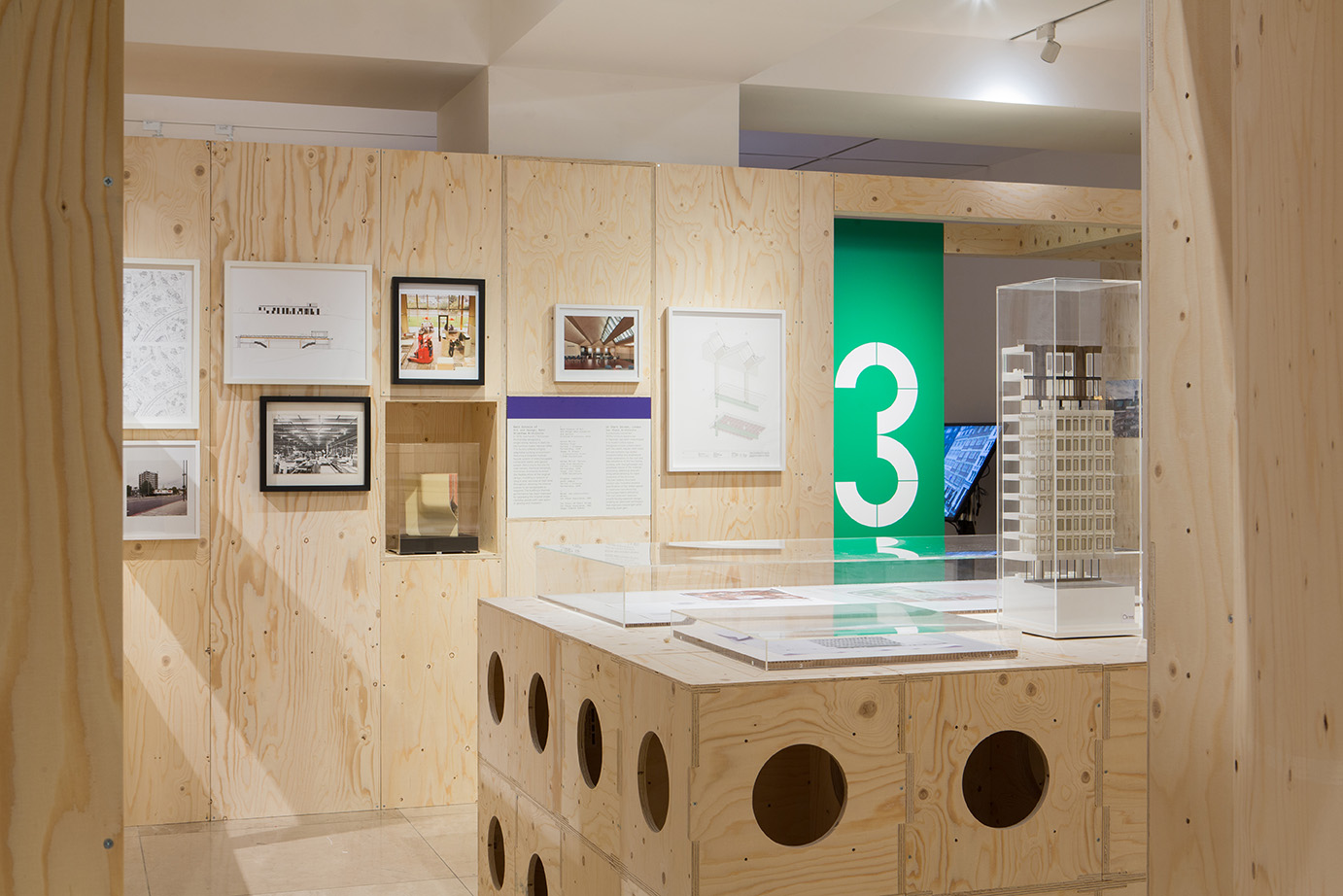
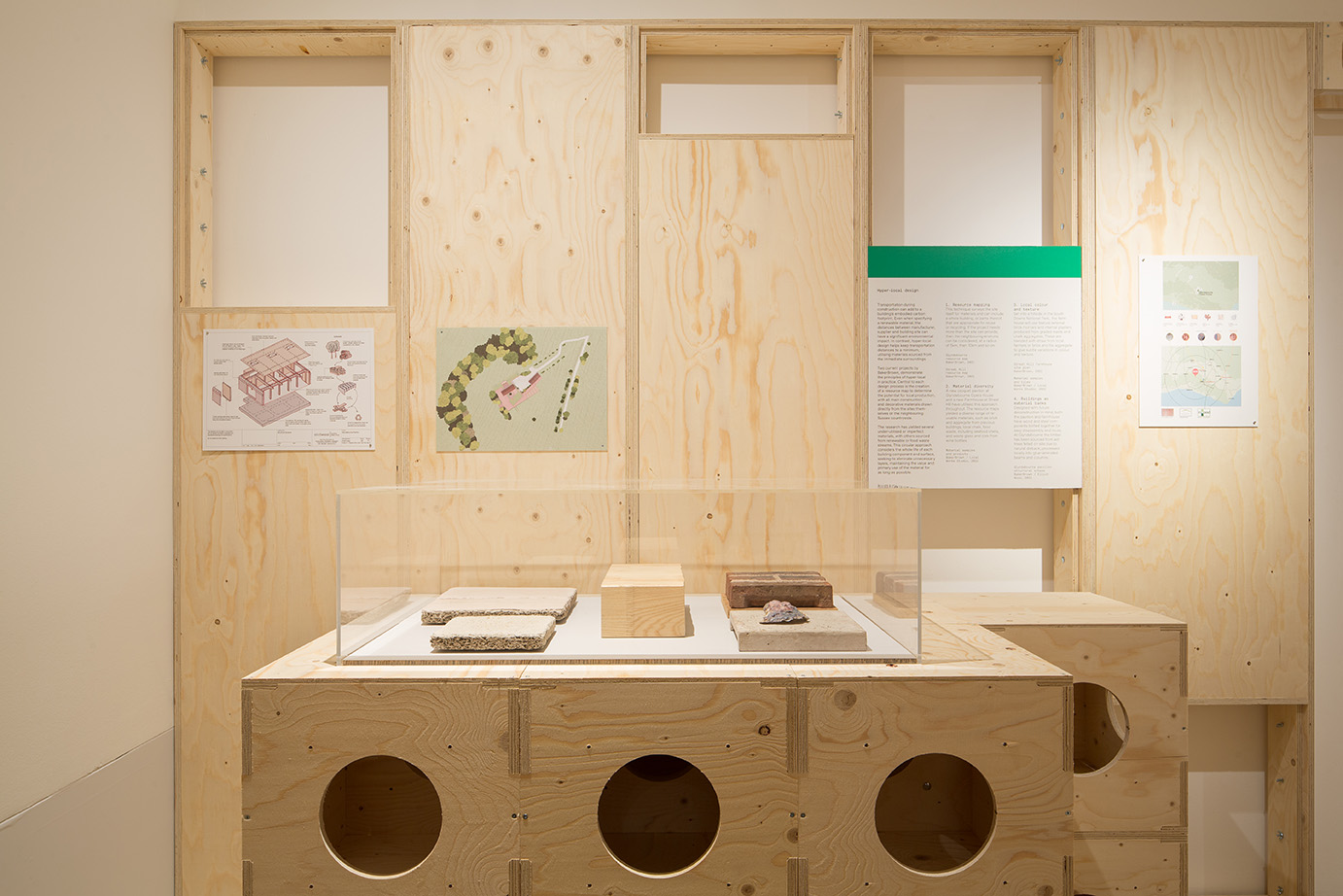
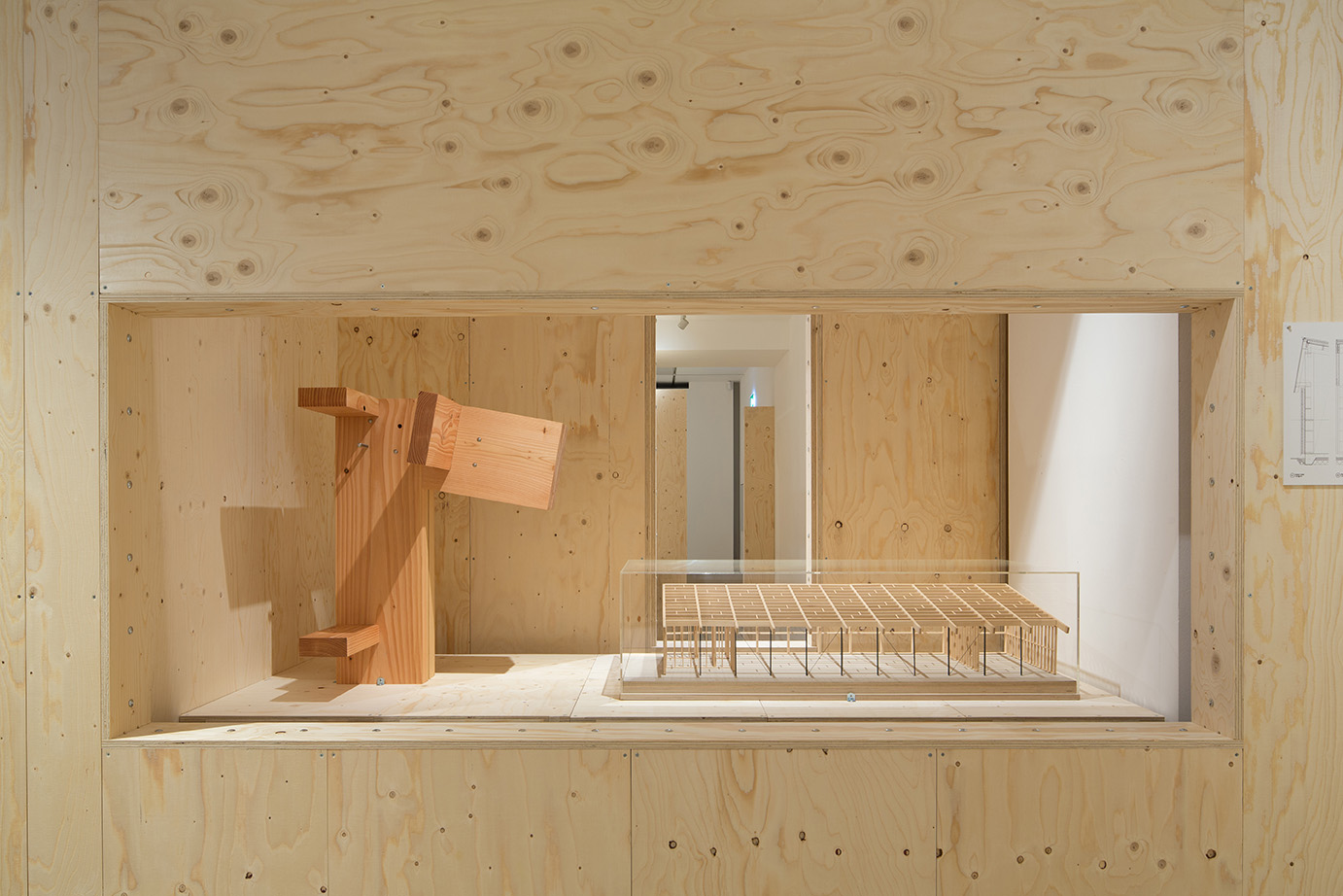
Ellie Stathaki is the Architecture & Environment Director at Wallpaper*. She trained as an architect at the Aristotle University of Thessaloniki in Greece and studied architectural history at the Bartlett in London. Now an established journalist, she has been a member of the Wallpaper* team since 2006, visiting buildings across the globe and interviewing leading architects such as Tadao Ando and Rem Koolhaas. Ellie has also taken part in judging panels, moderated events, curated shows and contributed in books, such as The Contemporary House (Thames & Hudson, 2018), Glenn Sestig Architecture Diary (2020) and House London (2022).
-
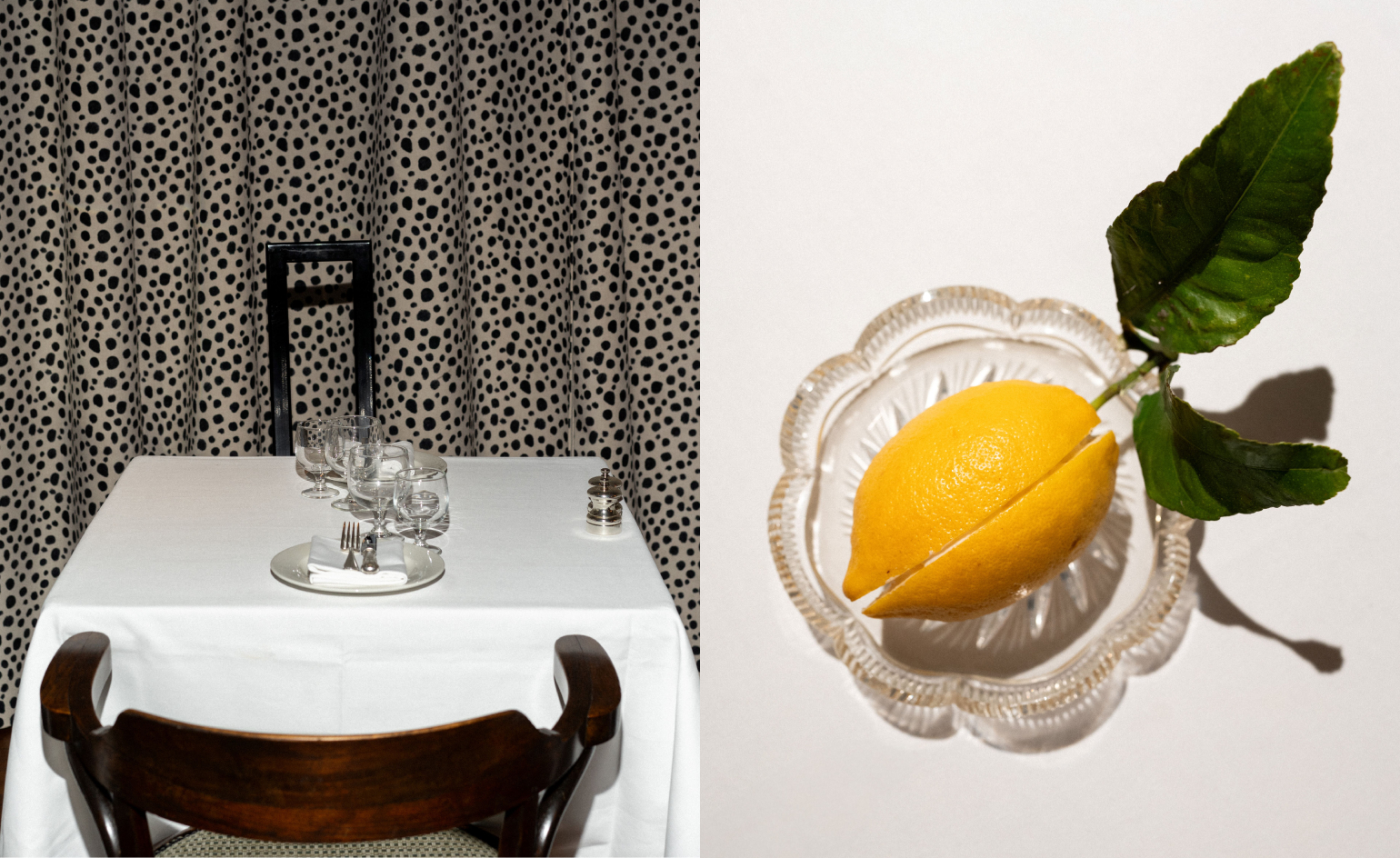 Marylebone restaurant Nina turns up the volume on Italian dining
Marylebone restaurant Nina turns up the volume on Italian diningAt Nina, don’t expect a view of the Amalfi Coast. Do expect pasta, leopard print and industrial chic
By Sofia de la Cruz
-
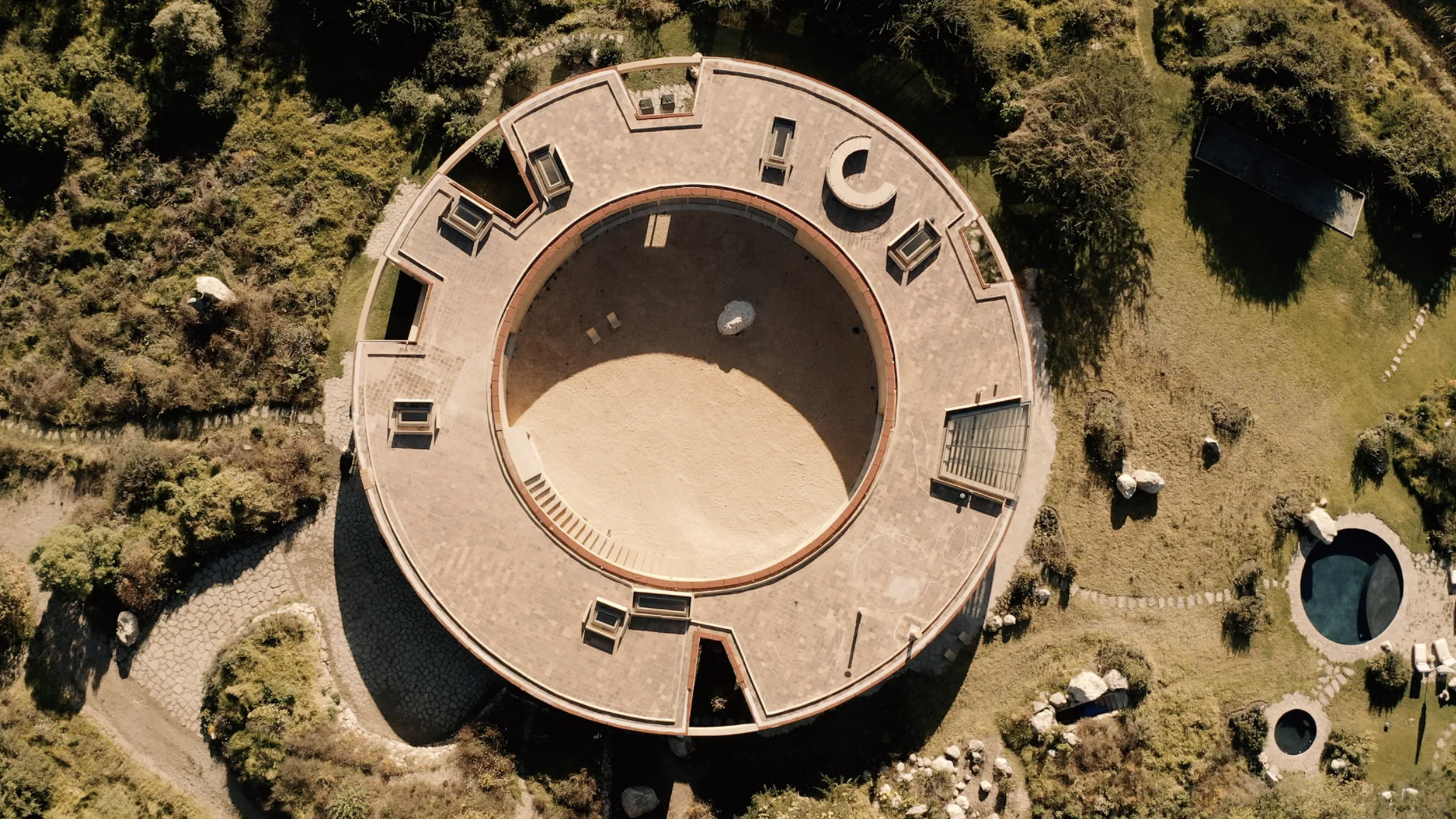 Tour the wonderful homes of ‘Casa Mexicana’, an ode to residential architecture in Mexico
Tour the wonderful homes of ‘Casa Mexicana’, an ode to residential architecture in Mexico‘Casa Mexicana’ is a new book celebrating the country’s residential architecture, highlighting its influence across the world
By Ellie Stathaki
-
 Jonathan Anderson is heading to Dior Men
Jonathan Anderson is heading to Dior MenAfter months of speculation, it has been confirmed this morning that Jonathan Anderson, who left Loewe earlier this year, is the successor to Kim Jones at Dior Men
By Jack Moss
-
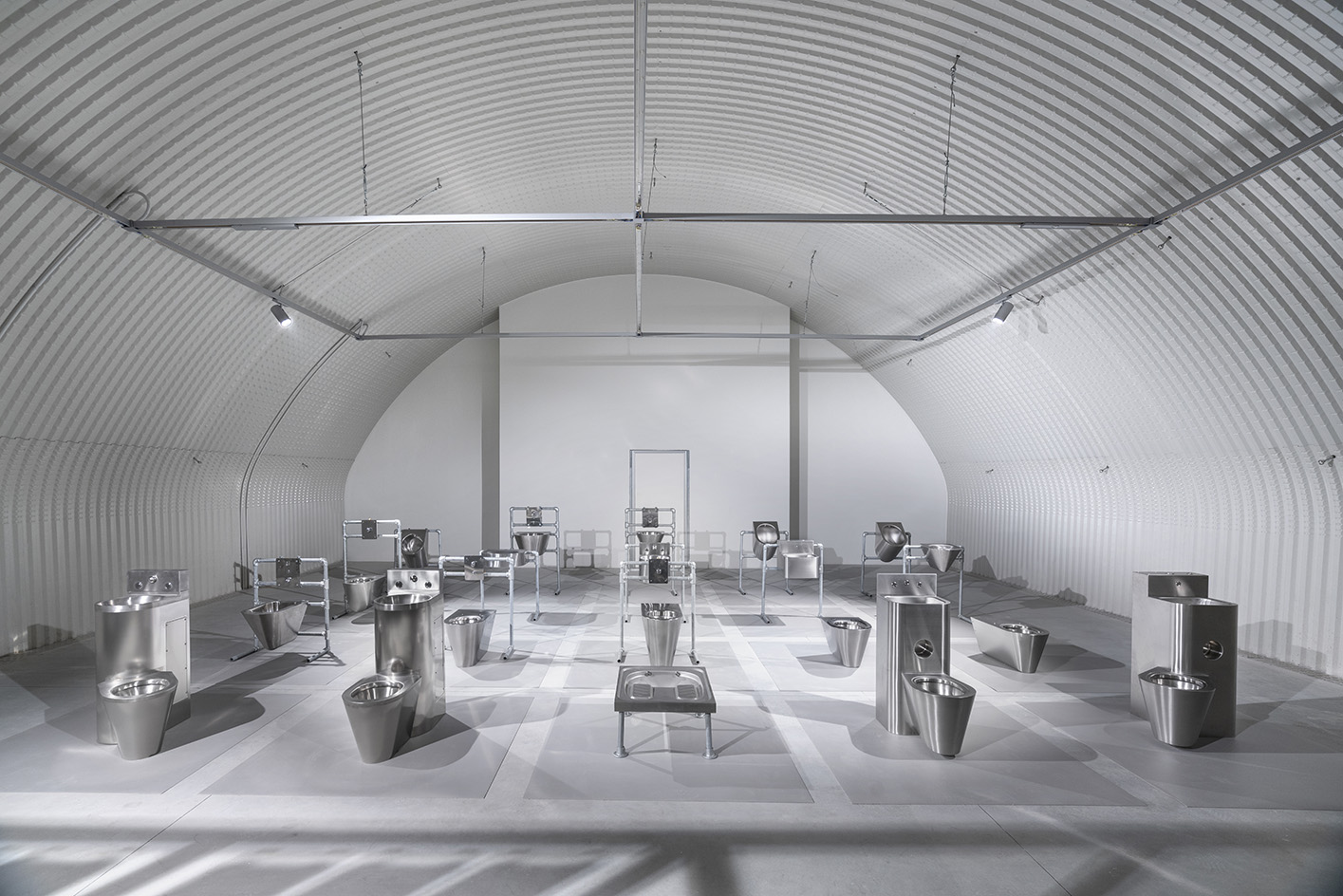 Milan Design Week: Dropcity challenges detention space design with 'Prison Times'
Milan Design Week: Dropcity challenges detention space design with 'Prison Times'Dropcity's inaugural exhibition 'Prison Times – Spatial Dynamics of Penal Environments', opens a few days before the launch of Milan Design Week and discusses penal environments and their spatial design
By Ellie Stathaki
-
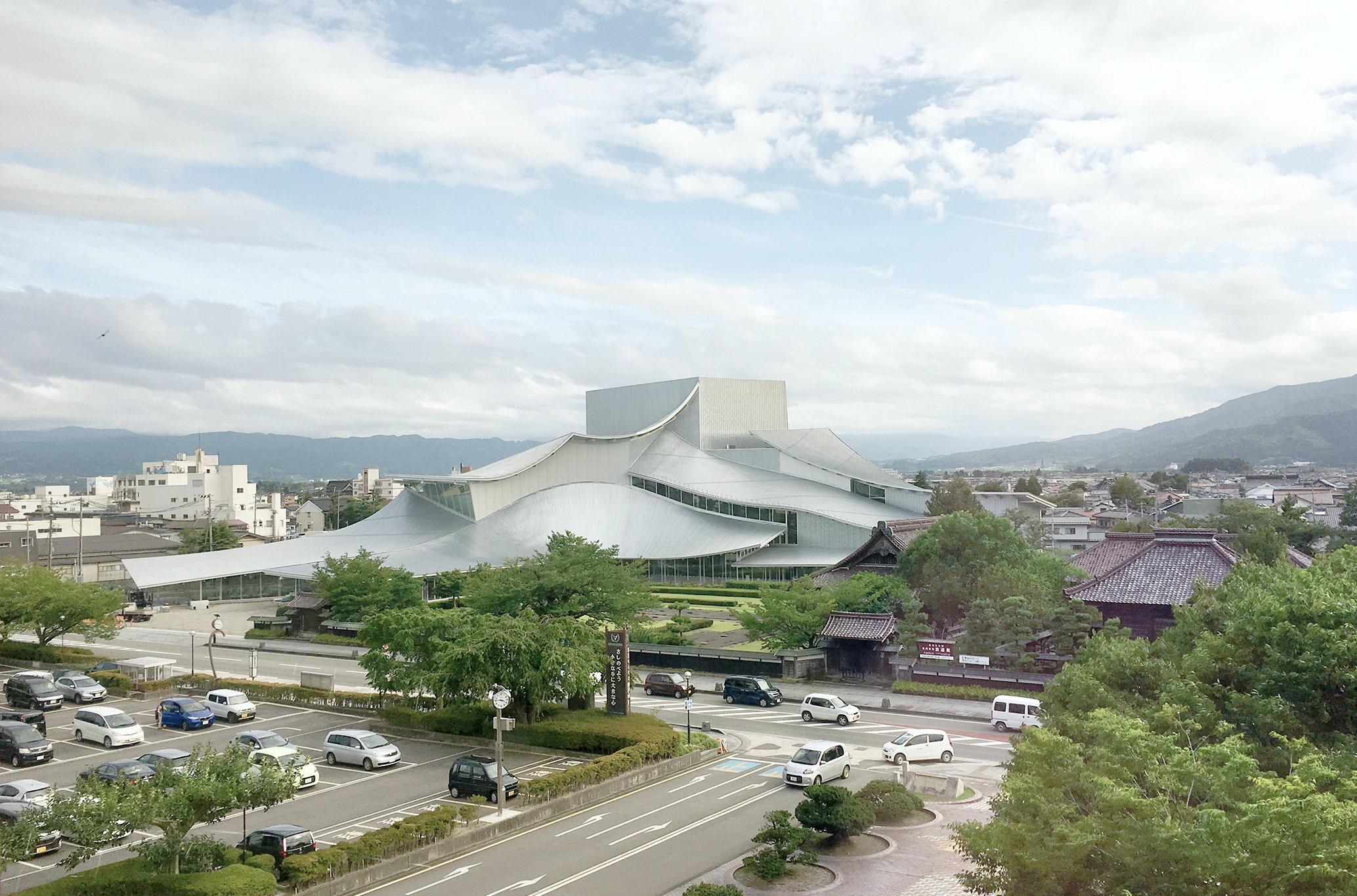 And the RIBA Royal Gold Medal 2025 goes to... SANAA!
And the RIBA Royal Gold Medal 2025 goes to... SANAA!The RIBA Royal Gold Medal 2025 winner is announced – Japanese studio SANAA scoops the prestigious architecture industry accolade
By Ellie Stathaki
-
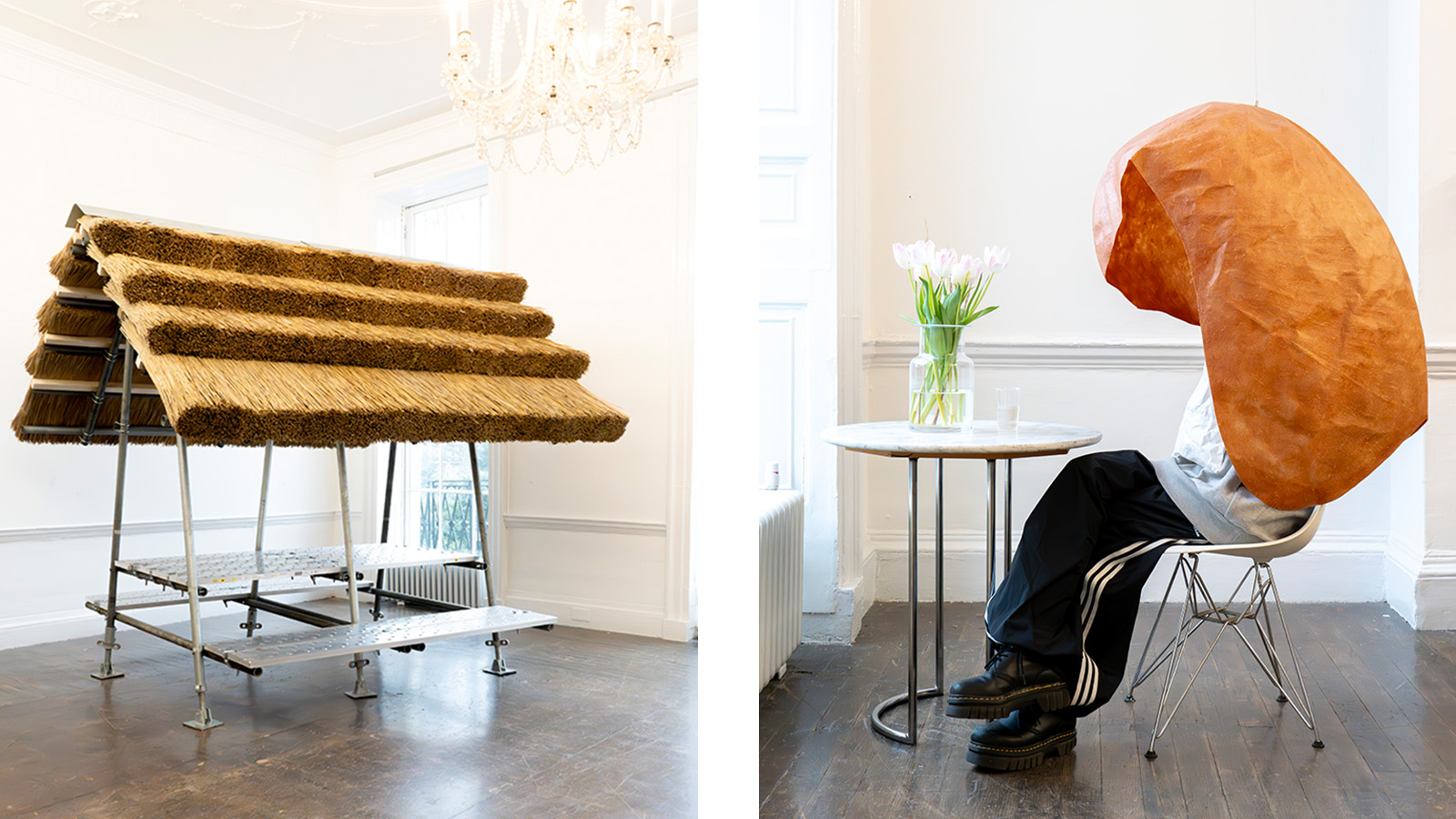 From a mobile pub to a thatched canopy: Japanese architecture and craft explored at AA show in London
From a mobile pub to a thatched canopy: Japanese architecture and craft explored at AA show in London'Distillation of Architecture', a new AA show in London, pairs architects with materials and makers in an exploration of craft through the Japanese lens
By Ellie Stathaki
-
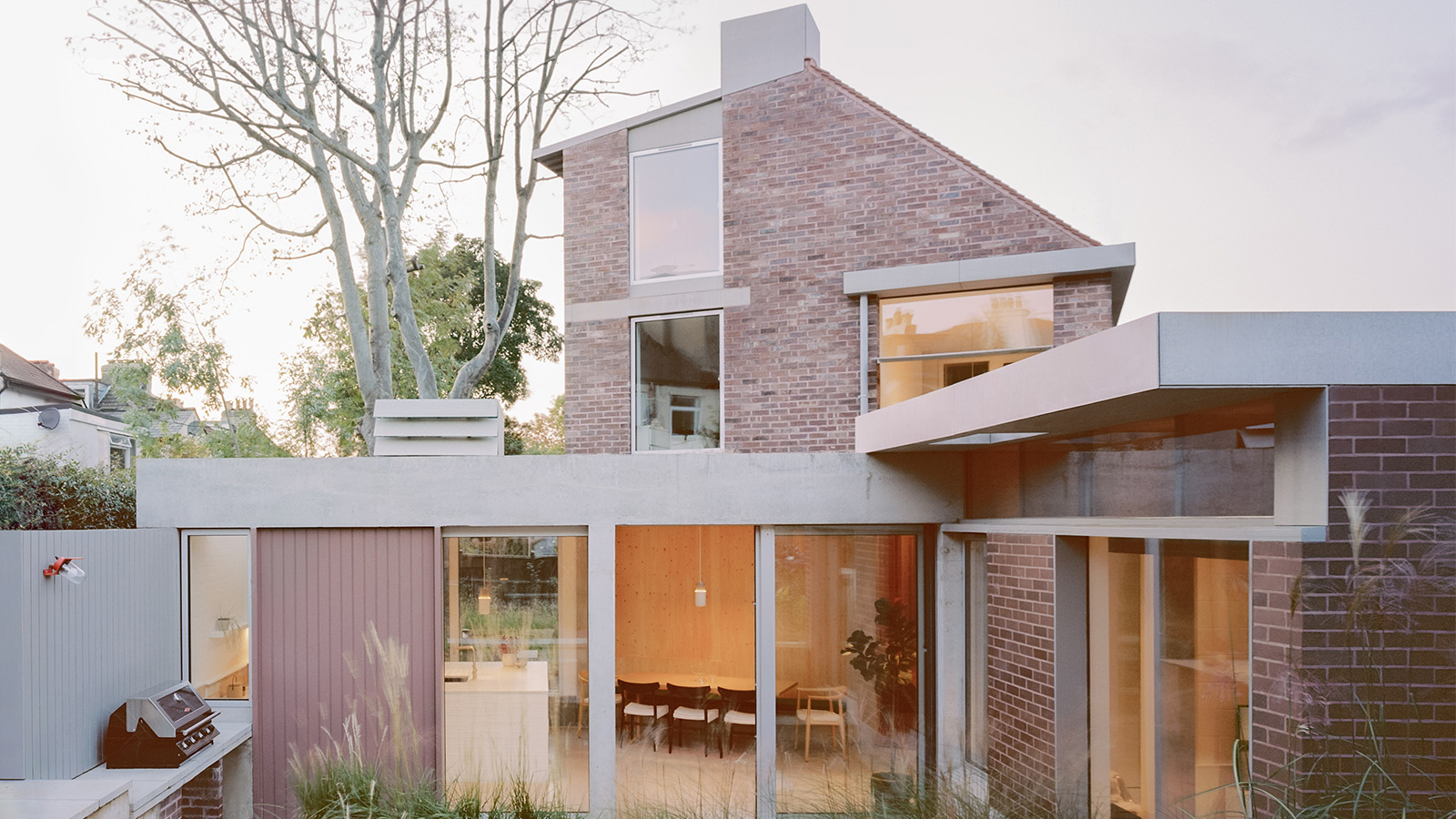 The RIBA House of the Year 2024 winner is a delightful work in progress
The RIBA House of the Year 2024 winner is a delightful work in progressThe winner of the RIBA House of the Year 2024 is Six Columns in south London – the home of architect and 31/44 studio co-founder William Burges
By Ellie Stathaki
-
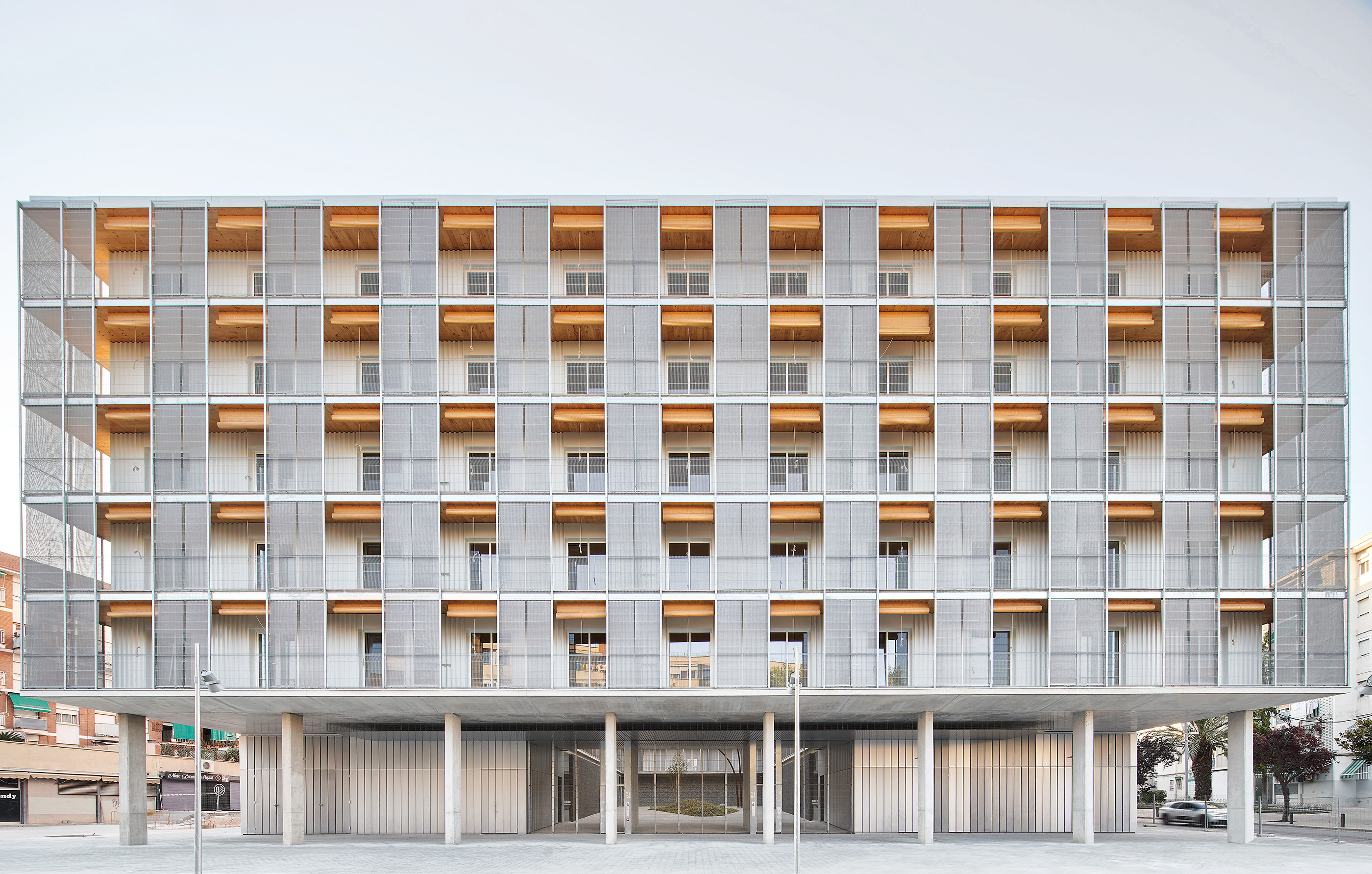 RIBA International Prize 2024 goes to 'radical housing' in Barcelona
RIBA International Prize 2024 goes to 'radical housing' in BarcelonaRIBA International Prize 2024 has been announced, and the winner is Modulus Matrix: 85 Social Housing in Cornellà, designed by Peris + Toral Arquitectes in Barcelona
By Ellie Stathaki
-
 RIBA House of the Year 2024: browse the shortlist and pick your favourite
RIBA House of the Year 2024: browse the shortlist and pick your favouriteThe RIBA House of the Year 2024 shortlist is out, celebrating homes across the UK: it's time to place your bets. Which will win the top gong?
By Ellie Stathaki
-
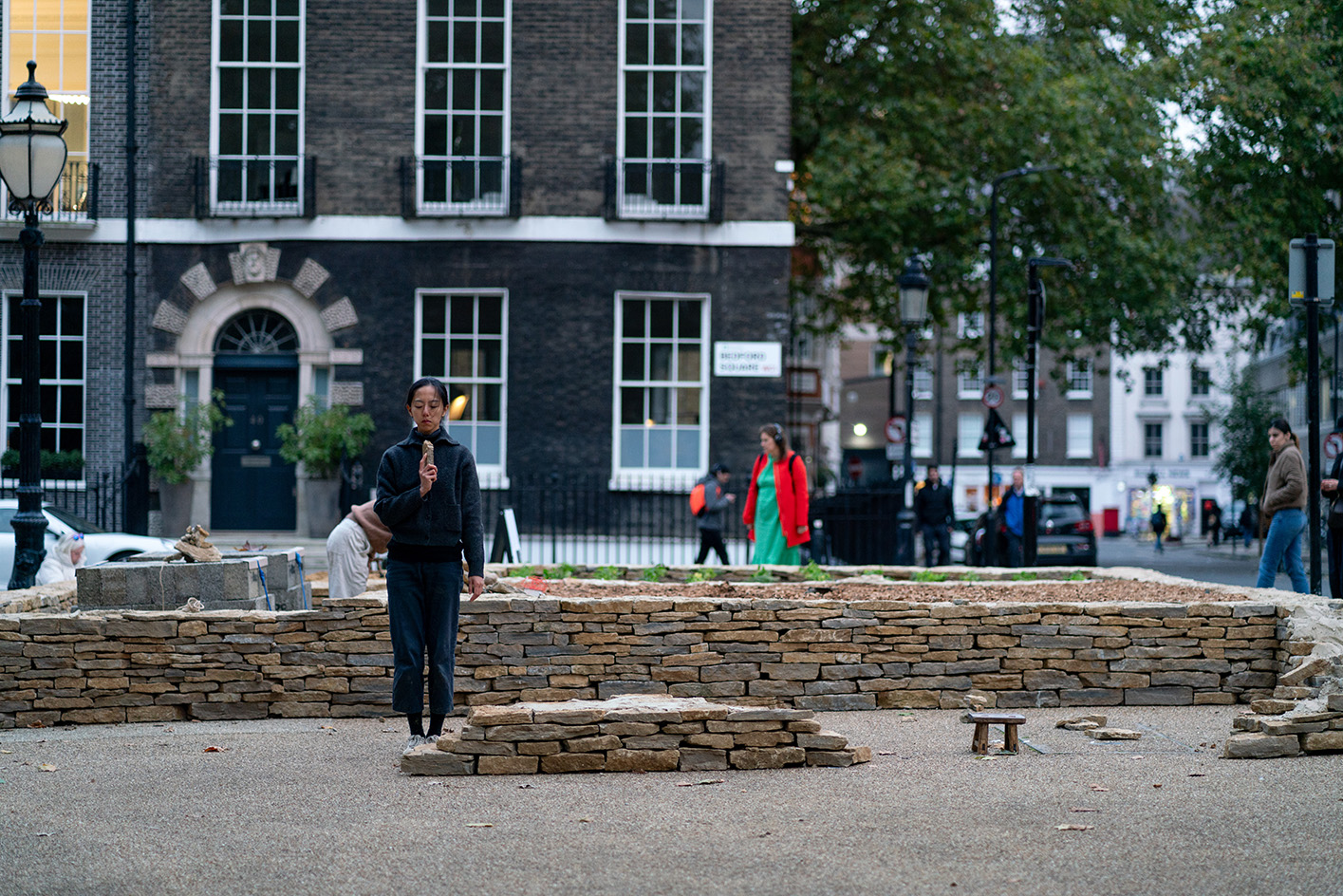 Architectural Association's newest show uncovers the architectural legacies of rural China's lost generation
Architectural Association's newest show uncovers the architectural legacies of rural China's lost generationThe Architectural Association’s ‘Ripple Ripple Rippling’ is not your typical architecture show, taking an anthropological look at the flux between rural and urban, and bringing a part of China to Bedford Square in London
By Teshome Douglas-Campbell
-
 Paul Rudolph at The Met: ‘from Christmas lights to megastructures’
Paul Rudolph at The Met: ‘from Christmas lights to megastructures’‘Materialized Space: The Architecture of Paul Rudolph’ opens at the Met in New York, exploring the modernist master's work through a feast of an exhibition
By Stephanie Murg